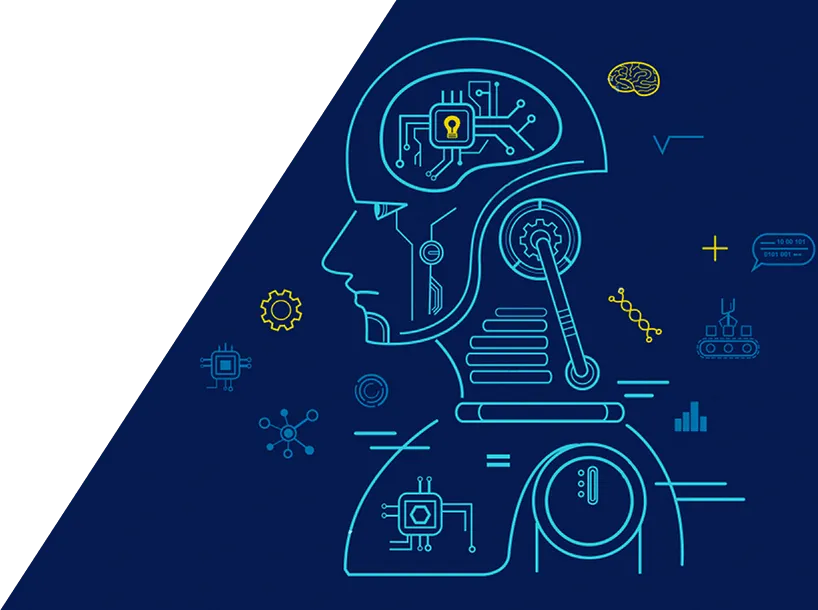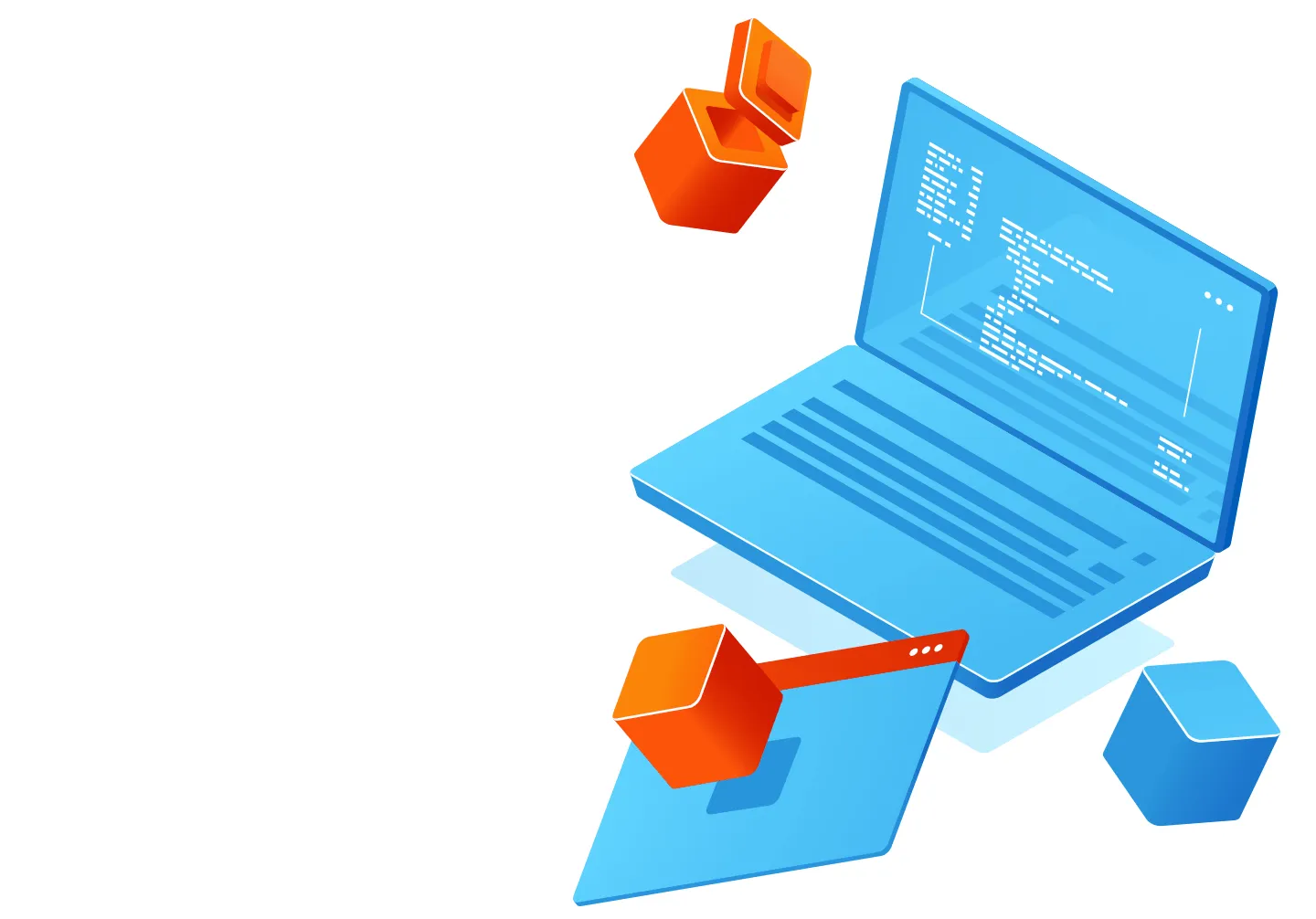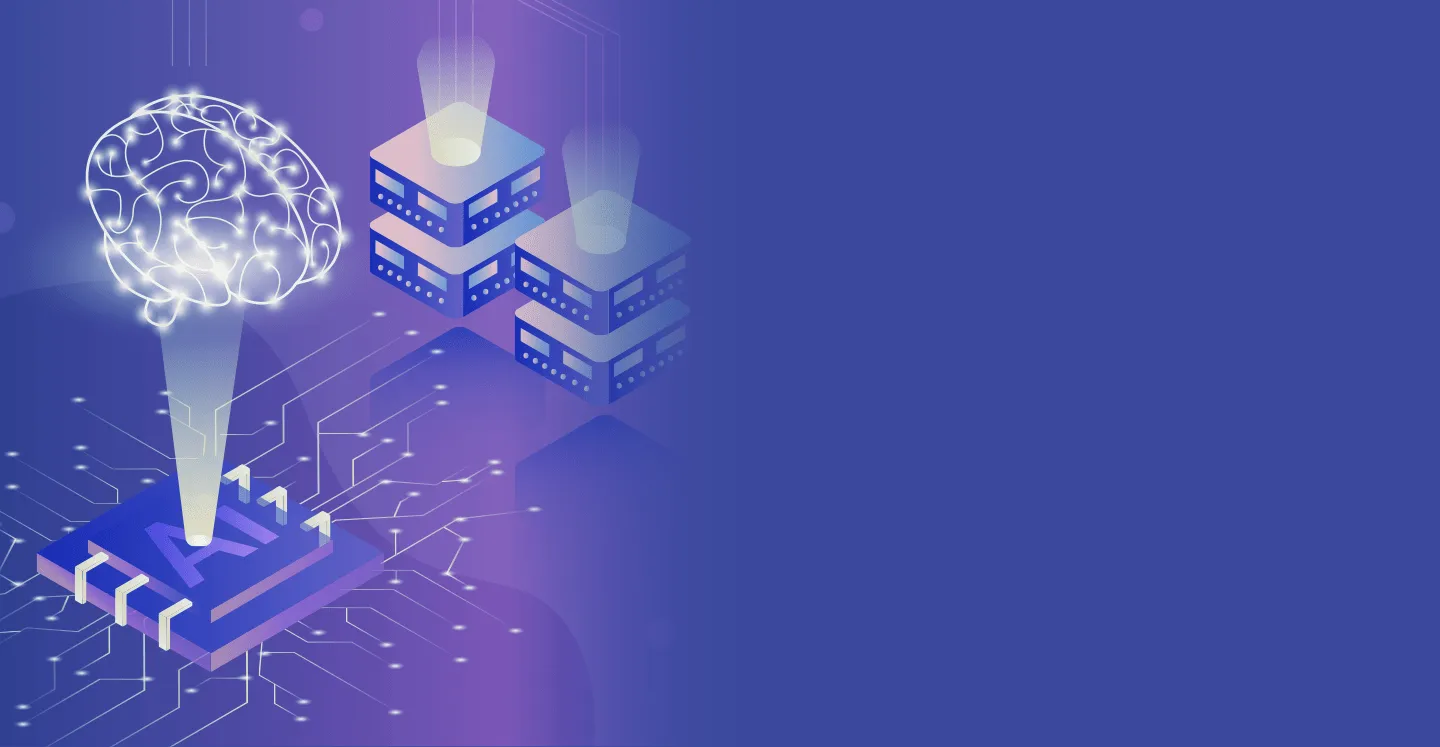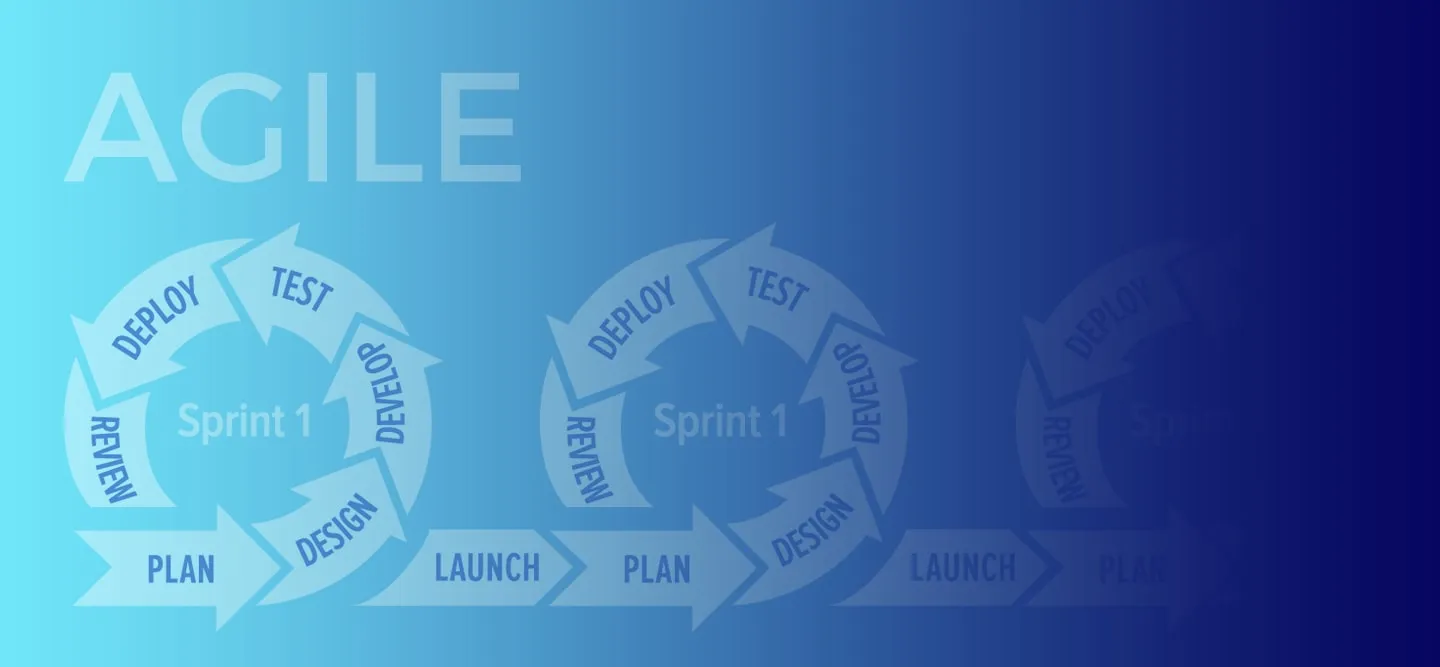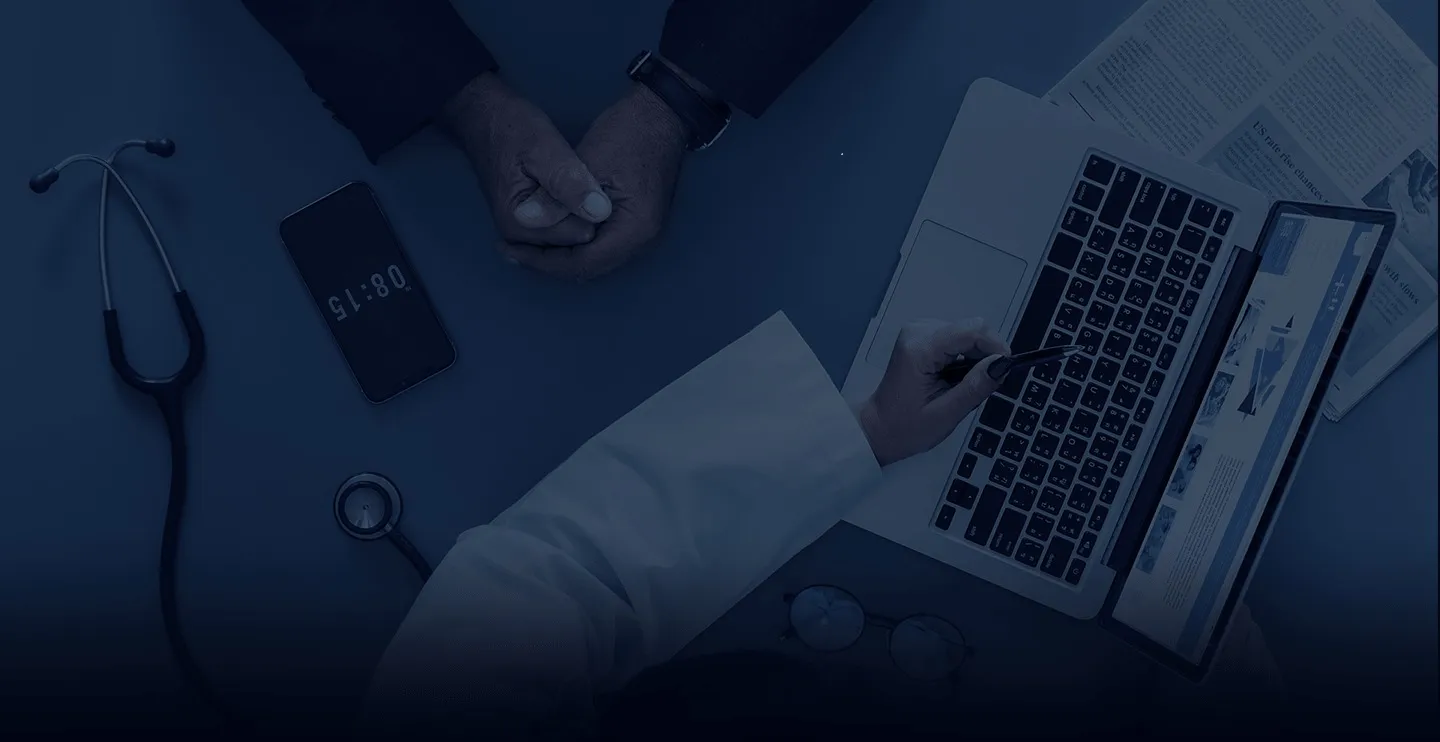Machine Learning Algorithm for Healthcare
A team of data scientists developed a Machine Learning-based system to enable Natural Language Processing in Healthcare. The system processes patient notes and predicts which category the diagnosis falls into.
